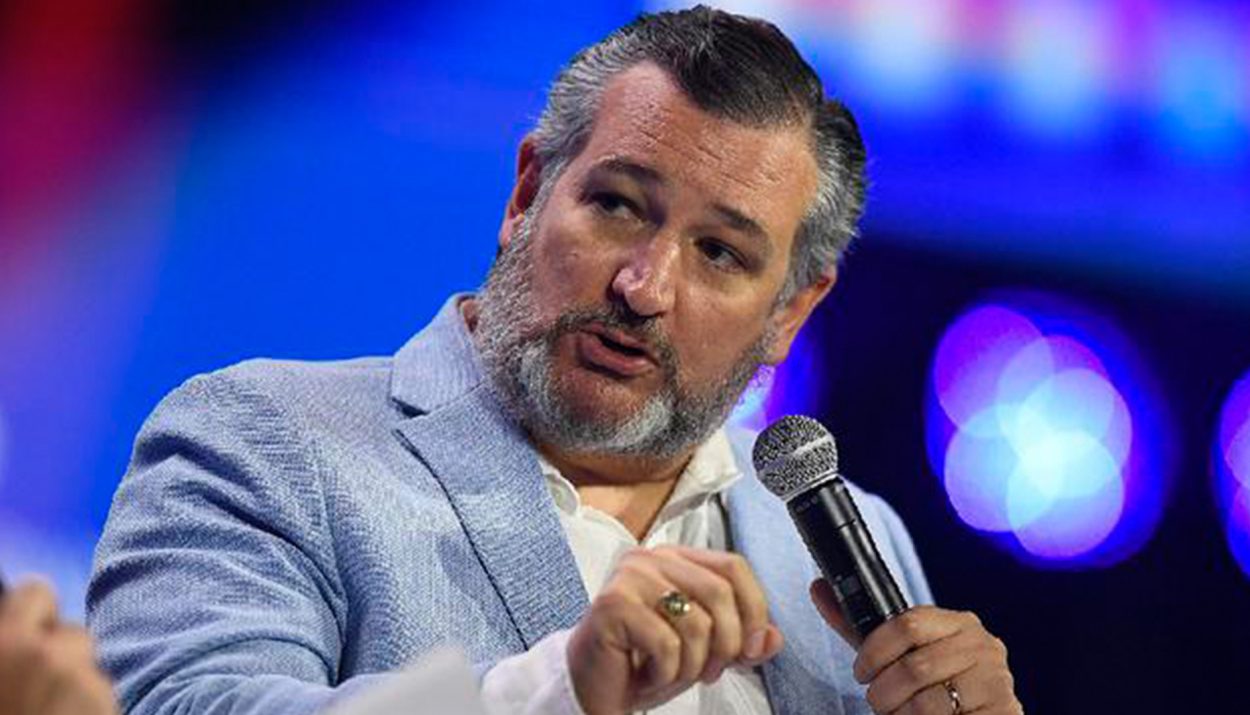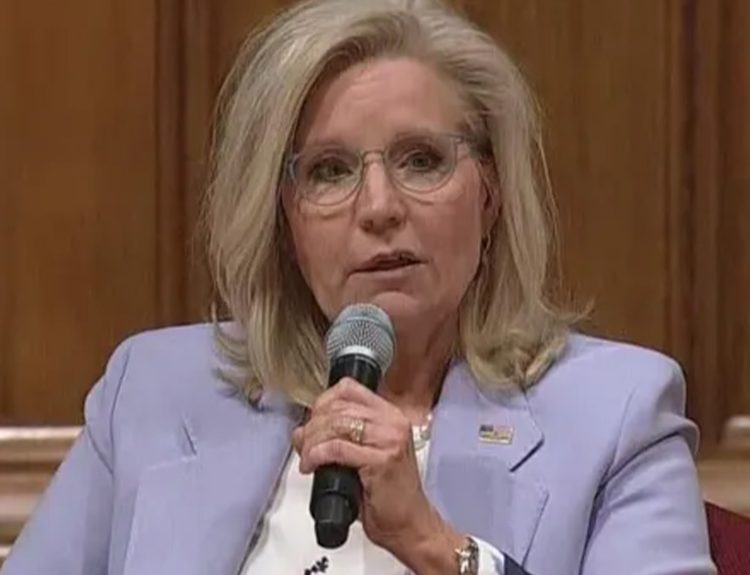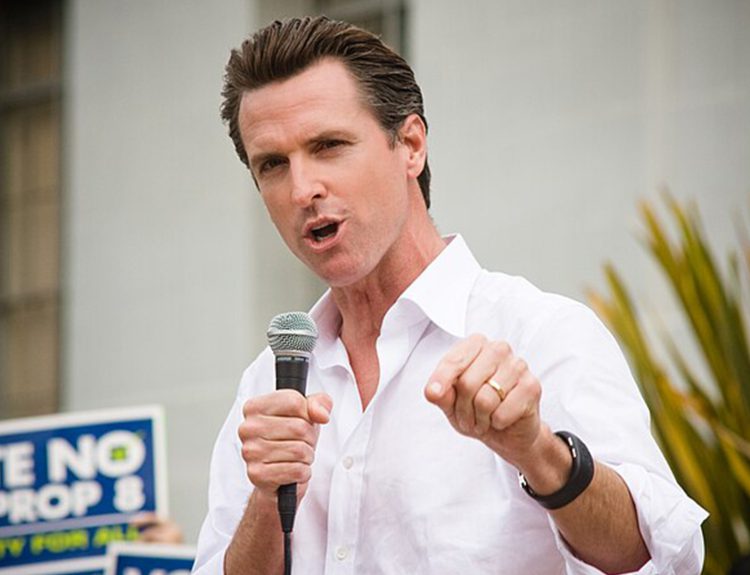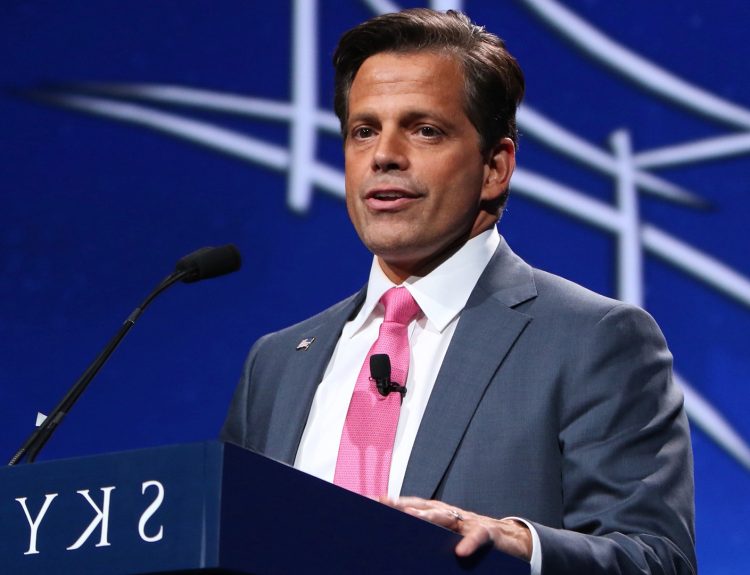A recent Senate Judiciary Committee hearing ignited fierce debate as Senators Ted Cruz and John Kennedy challenged the assertion that gun violence should be considered a public health issue
Led by Senator Dick Durbin, the hearing aimed to delve into the complex intersection of gun violence and public health in the United States.
Clash of Perspectives as Senators Ted Cruz and John Kennedy Challenge Witnesses
During the hearing, Republican senators clashed with witnesses, including Dr. Megan Ranney and other policy advocates, who argued for treating gun violence as a public health crisis.
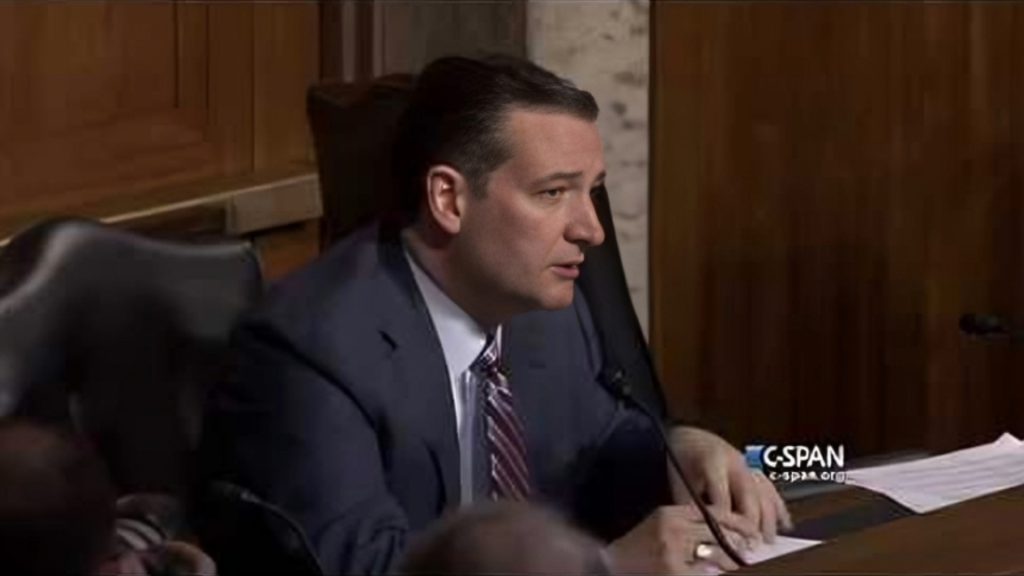
This clash highlights deep ideological divisions over the role of public health in addressing firearm-related deaths and injuries.
Partisan Divides Emerge as Democrats Push for Comprehensive Approach
Democratic witnesses from institutions like the University of Chicago Medicine and Metropolitan Family Services advocated for a holistic approach to addressing gun violence.

Republican senators raised objections, highlighting the stark partisan divisions on this contentious issue.
Republican Senators Challenges Public Health Approach to Gun Control
Senator Cruz swiftly contested Dr. Ranney’s claim, arguing against labeling the Second Amendment as a public health crisis. Instead, he pointed to crime rates influenced by Democratic policies
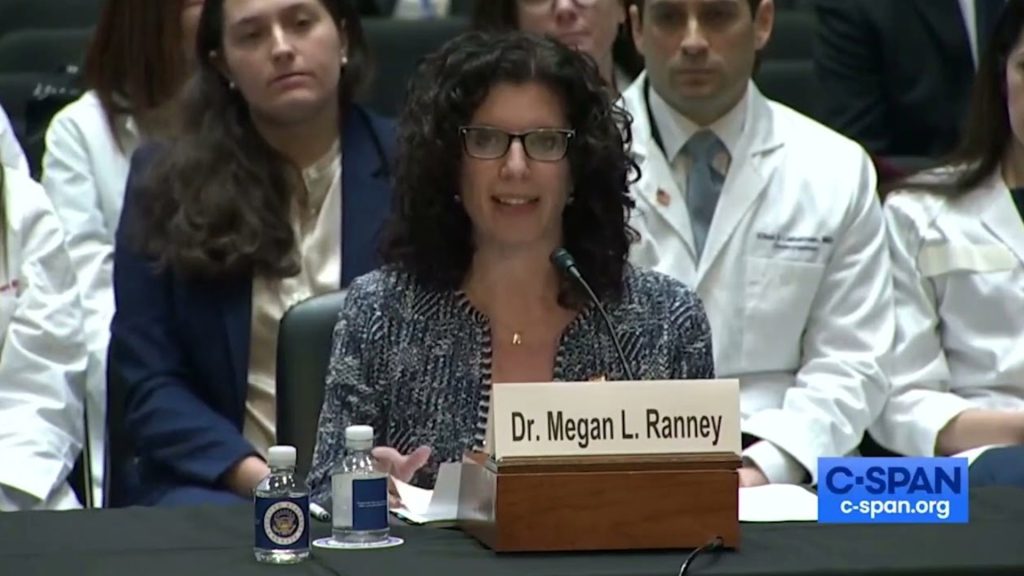
He criticized the disproportionate attention given to gun deaths compared to other health issues like heart disease, questioning the rationale behind such comparisons. Senator Kennedy echoed these sentiments, accusing Democrats of favoring gun control measures over addressing the underlying factors contributing to violence and crime.
Senator Cruz Challenges Leftist Gun Control Agenda
In a passionate address, Senator Cruz vehemently criticized what he characterized as the radical left’s push to disarm law-abiding citizens, all while turning a blind eye to the issue of violent criminals
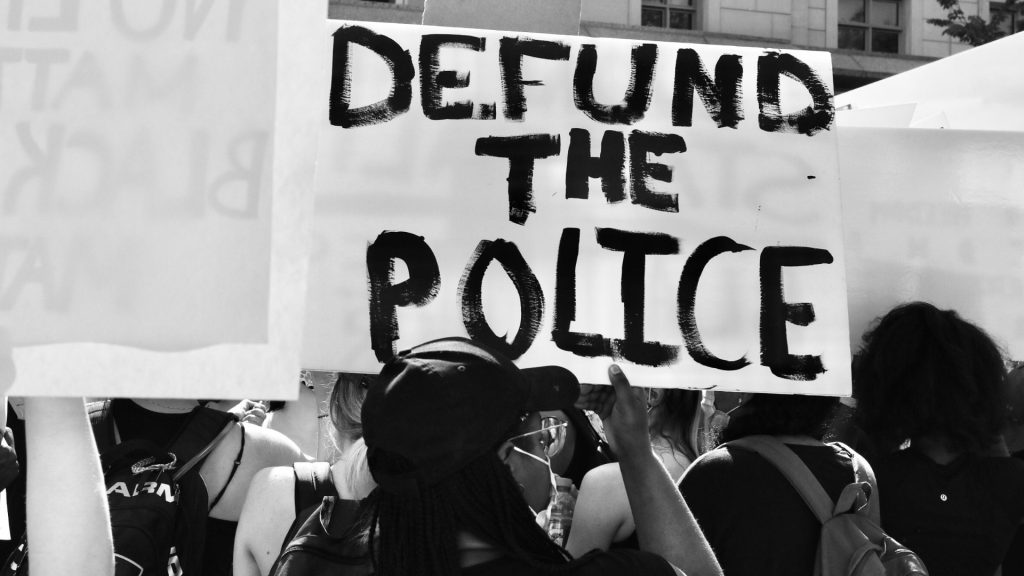
He pointed to instances where Democratic leaders advocated for defunding the police and releasing individuals with violent criminal histories, contrasting these actions with the alarming surge in crime rates observed in cities like Chicago. Senator Cruz’s remarks underscore the profound ideological schism surrounding gun policy and public safety concerns.
Senator Kennedy Questions Prosecutorial Decisions
In redirecting the conversation, Senator Kennedy scrutinized the actions of district attorneys and prosecutors in cities like Philadelphia and Los Angeles regarding the enforcement of gun laws.

He challenged Dr. Ranney on her position concerning the prosecution of illegal gun possession and the implementation of sentencing enhancements, pointing out what he deemed inconsistencies in her testimony.
Republican Senators Challenge Dr. Ranney’s Public Health Strategies
Republican senators subjected Dr. Ranney to rigorous examination, contesting her expertise and policy proposals. They probed her perspectives on topics spanning from gun control initiatives to reforms in criminal justice, exposing the intricate challenges of tackling gun violence from a public health perspective.
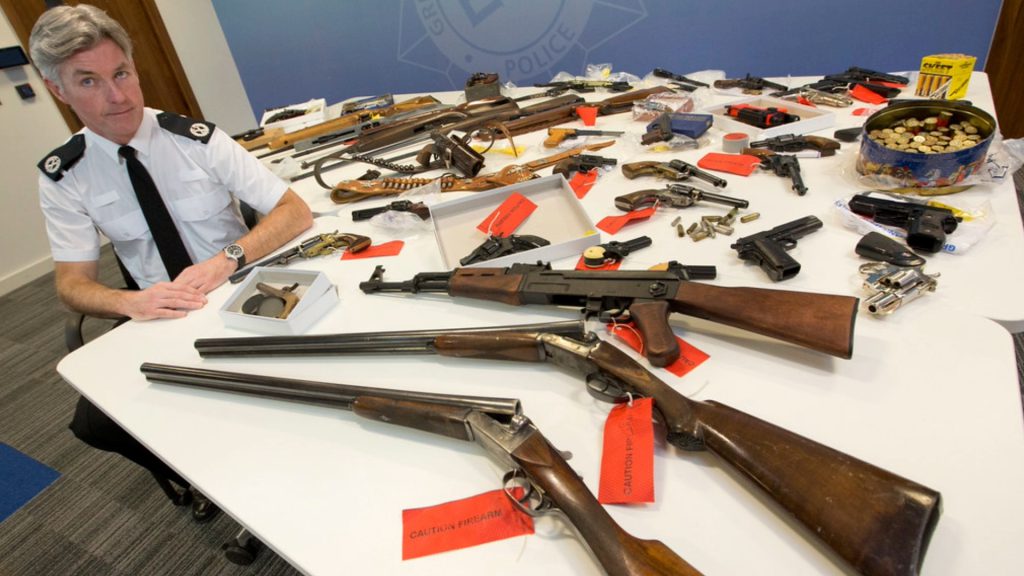
Despite the resistance, Dr. Ranney reaffirmed her advocacy for evidence-based approaches to mitigate harm and foster safety.
Senator Kennedy’s Inquiry Sparks Debate on Forgiveness and Accountability
In a moving exchange, Senator Kennedy presented a hypothetical scenario to Franklin Cosey-Gay, prompting a discussion on the concepts of forgiveness and accountability within the context of violent crime.
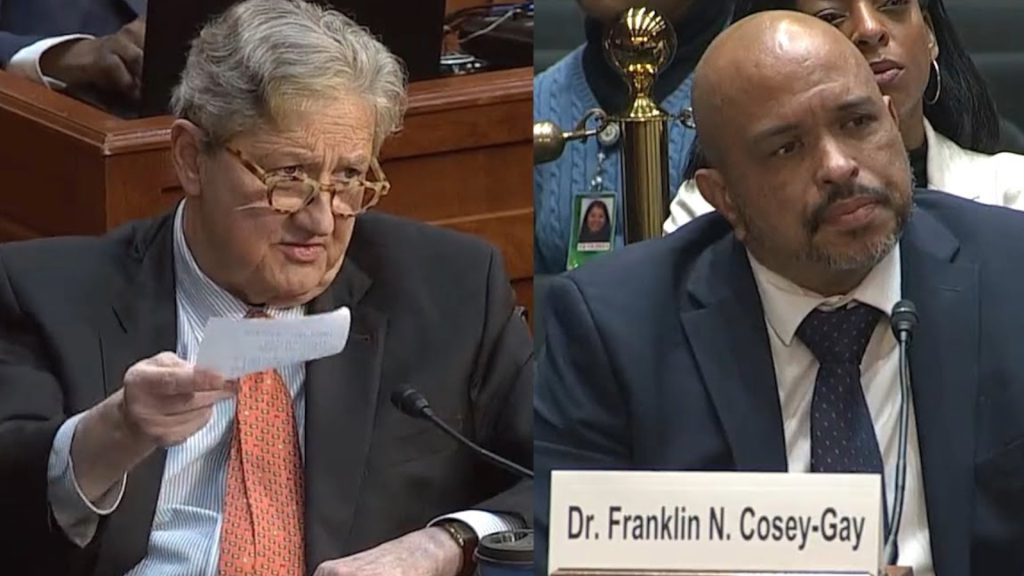
This dialogue highlighted ongoing debates surrounding justice, rehabilitation, and the appropriate role of punishment in tackling societal issues.
Tensions Persist as Gun Policy Hearing Concludes
As the hearing concluded, lingering tensions underscored the profound divides regarding gun policy and public health matters.
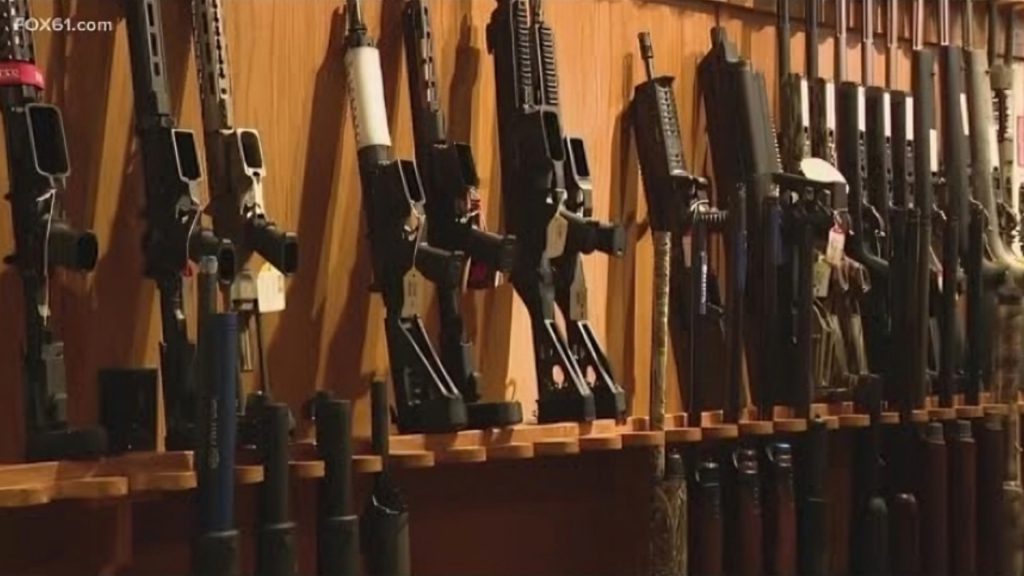
Despite contrasting viewpoints from witnesses and senators, the fundamental question of how to effectively tackle gun violence persisted. The proceedings provided insight into the ongoing debates permeating Congress and the nation.
Bipartisan Efforts to Address Gun Violence
In the aftermath of the hearing, the task remains to discover common ground and craft bipartisan resolutions to combat gun violence. Despite enduring ideological disparities, there exists an opening for discussion and cooperation to propel policies prioritizing public safety and confronting the underlying triggers of violence.
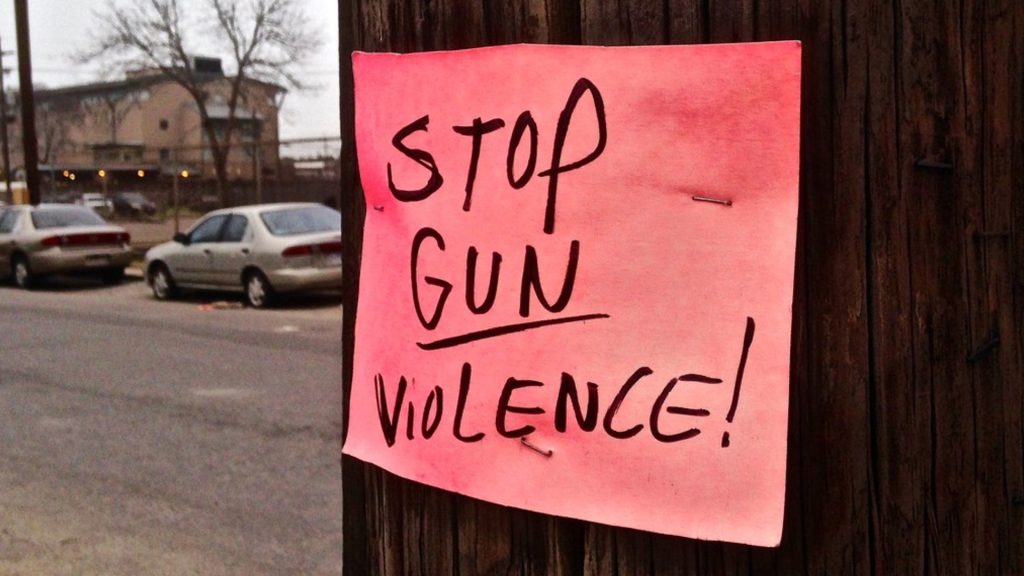
As policymakers and proponents navigate these intricate challenges, the imperative for positive interaction and data-driven policymaking stands paramount.
Senate Judiciary Committee Advocates Continued Dialogue on Gun Violence
The Senate Judiciary Committee hearing provided insights into the intricate challenges of tackling gun violence from a public health perspective.

Despite visible disagreements, the collective aim of enhancing safety and welfare emphasized the necessity for ongoing dialogue and collaboration.
Policymakers Seek Effective Solutions to Gun Violence
Policymakers tackle the challenge of reconciling diverse views on gun policy to create strategies that reduce violence and ensure public safety. Public health research provides a crucial foundation, offering evidence-based approaches to address the complex nature of gun violence and its causes.

By utilizing robust data and insights, policymakers aim to develop nuanced solutions focusing on prevention, intervention, and community well-being, ultimately creating a safer environment.
Collaborative Solutions in Crime Prevention
Amidst discussions surrounding community safety and individual freedoms, there’s a call for collaboration between communities and law enforcement agencies to deter crime and aid victims of violence.

How can this alliance navigate the balance between preserving liberties and ensuring security? Additionally, bipartisan cooperation is sought to bridge the ideological gap on gun control, fostering meaningful dialogue within Congress.
Debate on Law Enforcement’s Role in Curbing Gun Violence
The exchange between Senator Kennedy and Dr. Ranney highlighted different perspectives on the efficacy and scope of law enforcement measures in addressing the issue of gun violence.
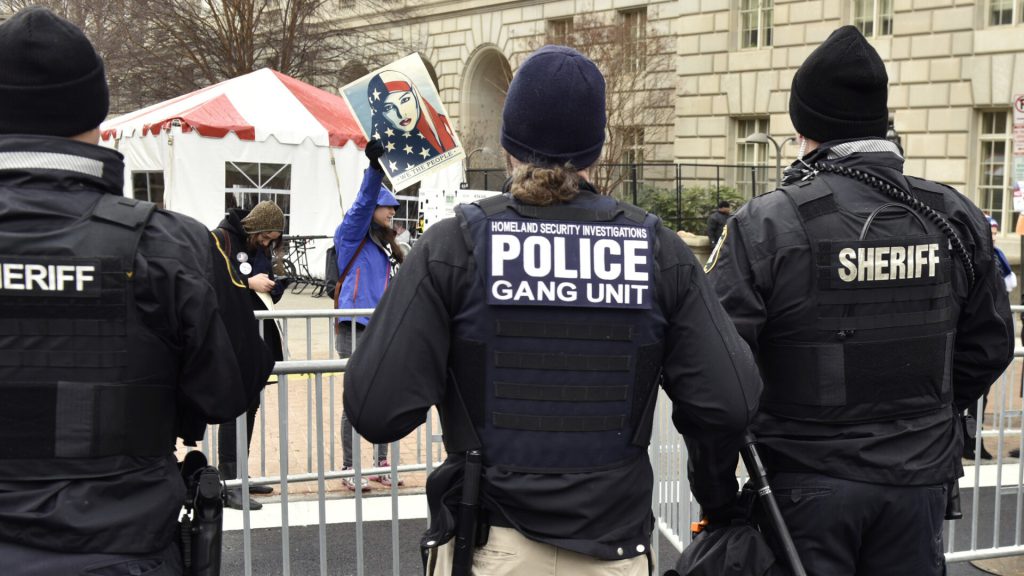
Their dialogue highlighted the ongoing debate over balancing enforcement tactics and broader public health strategies.
Building Safer Communities with Collaboration and Bipartisanship in the Senator Cruz Debate
In conclusion, the debate underscores the importance of collaboration between communities and law enforcement to prevent crime while respecting individual rights, amidst Senator Cruz’s calls for bipartisan cooperation on gun control.
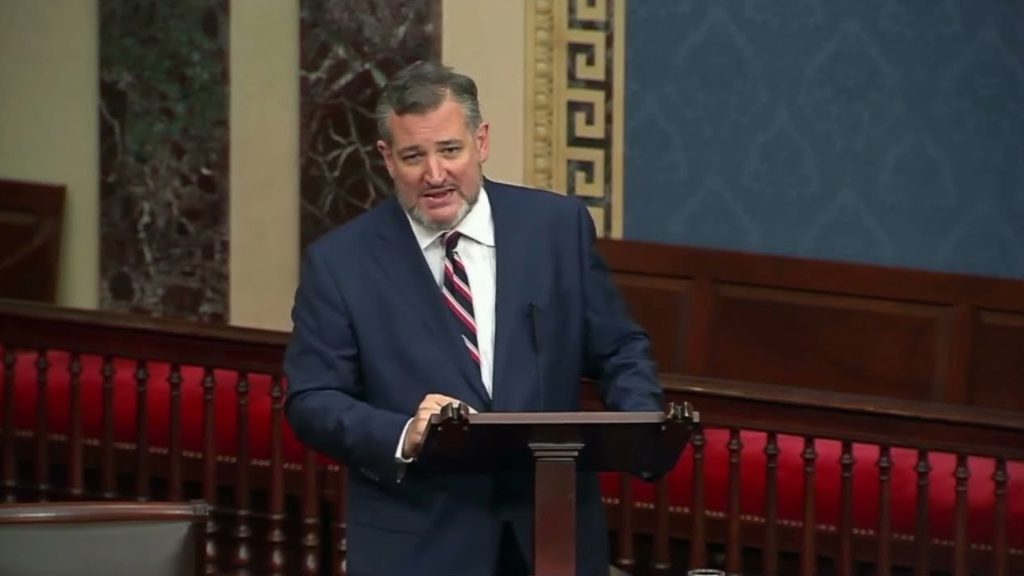
This dialogue aims to bridge ideological divides and foster effective policymaking for safer communities.

